The Second Empire Style can be traced back to France, specifically to the reign of Napoleon III.
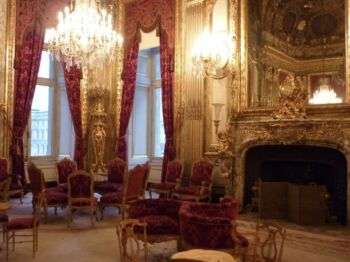
Image source: https://search.creativecommons.org/photos/c680577a-c185-4776-8a1e-c6514af81bb3 by austinevan
Who Was Napoleon III?
Napoleon III, the nephew of Napoleon I, was the emperor of France from 1852 to 1870. Born in 1808 in Paris, France, he grew up in exile. However, he began his quest back to the throne in 1832, writing to let his ideas be known to the people. Finally, he became the Emperor of the Second French Empire, and he was the first President of France elected by a popular election.
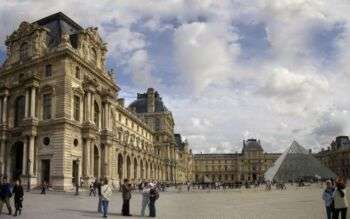
Image source: https://search.creativecommons.org/photos/5632b15a-39ec-4bcd-a9e5-ee438dda2f01 by Wpgenar
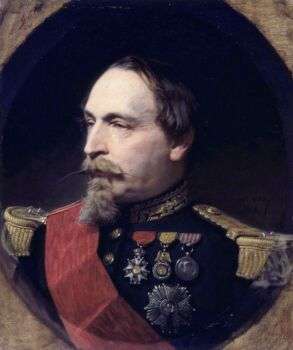
Image source: https://search.creativecommons.org/photos/e2dcb1a8-498a-464c-8e0e-752ebf621d1b by wl.glazewski
Napoleon III modernized the French banking system, improved the railway system, and made the French merchant marines important at the international level. Napoleon III started the Franco-Prussian War (also called the Franco-German War). However, when the French Third Republic took over in Paris, Napoleon went into exile in England, and he died there in 1873.
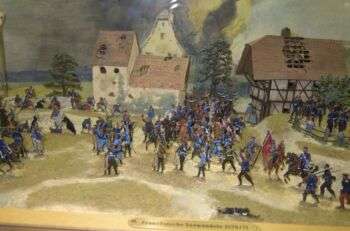
Image source: https://search.creativecommons.org/photos/f69b2dab-d4c1-4b9b-aa53-b71708d17c9b by quinet
About the Style
Much of Paris was rethought under Napoleon III with large avenues and striking monumental buildings to replace medieval structures. The change in Paris, during the Second Empire style, had a strong impact on building design in Europe and the United States. The prototype for the Second Empire style is the Opera Garnier, in Paris, designed by Charles Garnier.

Image source: https://search.creativecommons.org/photos/b4471648-d5bf-4184-a306-5e2783d9bdc6 by Peter Rivera
The Second Empire Style in Europe
In Europe, this style is particularly evident in:
- This style heavily influenced both Paris and Vienna in the late 19th century.
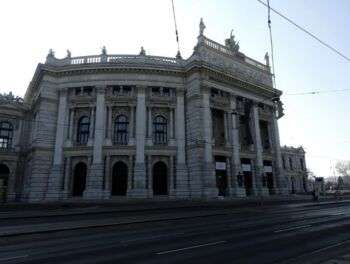
Image source: https://search.creativecommons.org/photos/53793933-5277-4a36-8c77-993a744f941a by Reading Tom
- Rome saw the employment of this style after the Risorgimento. The Bank of Italy by Gaetano Koch is an important example.
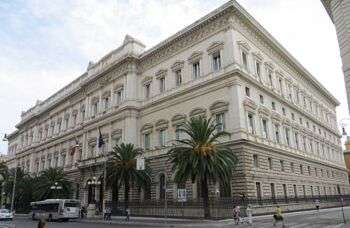
Image source: https://en.wikipedia.org/wiki/Palazzo_Koch#/media/File:Banca_d’Italia_-_panoramio_(2).jpg
- In Britain, this style can be seen in the Methodist Central Hall, in Westminster, designed by Edwin Alfred Rickards.
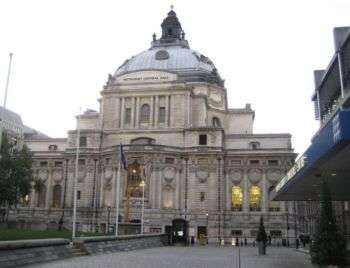
Image source:https://search.creativecommons.org/photos/3d0a67fe-10b2-41bc-9167-7c0592d093ae by Nigel Cox
- In Germany, most of the apartments and public buildings of the period, are examples of the style, including the Reichstag building, in Berlin.
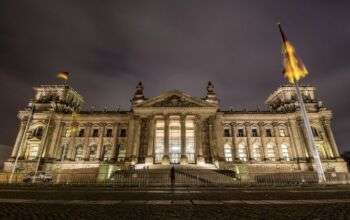
Image source: https://search.creativecommons.org/photos/8921aaa1-8c40-4a3a-91ed-4011973e0642 by Groman123
In the United States and Canada
In the United States, buildings related to this style were the Old City Hall, in Boston and the State, War, and Navy Department Building, in Washington, D.C.
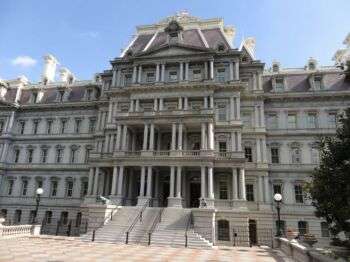
Image source: https://search.creativecommons.org/photos/87a20dea-0c48-4816-ab14-7e24895ba131 by Ken Lund
Key Features
The general characteristics to identify this style were:
- Mansard roofs
- Entry porch with a stoop
- Marble fireplaces with arched openings
- Tall arched windows with cornices
- Paired Columns
- Exterior veranda with balustrades
Info source:
